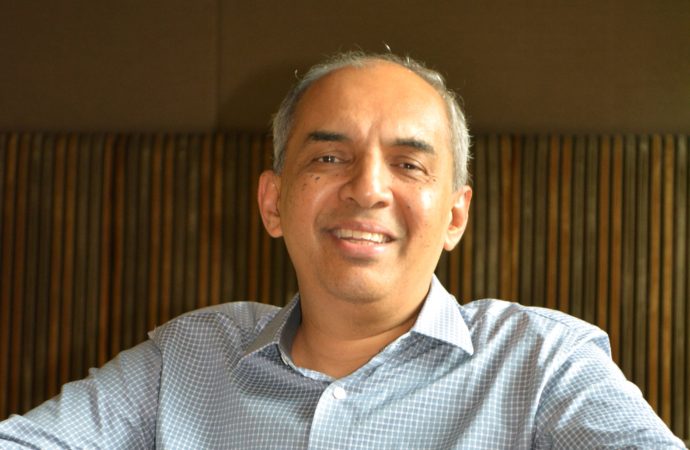– Sivaramakrishnan Venkateswaran, Managing Director, Oxford University Press India
The value of education in any society is uncontested – in fact, its relevance in today’s world is possibly far greater compared to most aspects of human life. It is probably for this reason that the World Development Report 2018 published by the World Bank, in a first, focussed solely on education. In his foreword, Jim Yong Kim, President of the World Bank Group, writes, “For individuals, education promotes employment, earnings, and health. It raises pride and opens new horizons. For societies, it drives long-term economic growth, reduces poverty, spurs innovation, strengthens institutions, and fosters social cohesion.”
It is a very gratifying experience for anyone associated with education to go through this report as it delves into systemic issues that impact education, and areas of future focus. In the Indian context, the report is extremely relevant given the strides we have made as a nation in the space of education. Yet there remain issues that need to be addressed, making education quite fundamental to our nation’s future growth agenda. We expect 2019 to be an interesting year for education in India – several trends of previous years will pan out strongly and hopefully accelerate India’s march towards becoming a ‘knowledge economy’. Following are some key trends that will witnessed in Indian educational arena in 2019:
Growth of Integrated Learning solutions
While on one hand it is fascinating to see schools, mainly in urban centres, adopt technology with alacrity, a very large number has yet to experience its benefits owing to connectivity and infrastructure issues, and therefore rely on the traditional ‘chalk and talk’ model of education. India needs bespoke education solutions that align with its socio-economic-technological landscape. Integrated learning solutions that seamlessly combine print books with digital learning aids appear to be a great fit for India, and their demand is expected to surge significantly in the coming years. Clearly, it is impractical for schools to wait for a 100% digital transformation, and therefore solutions with text books as base with optimum digital infrastructure requirements are a more practical idea!
Adoption of Formative Assessment Solutions
The last few years have rightly witnessed a lot of debate on the importance of learning outcomes. As a result, there has been increased focus on assessment as a theme. The catch however lies in choosing the right assessment solution. The routine assessment solutions adopt a cookie cutter approach by just testing for basic recall, that too at the end of the term. On the other hand, formative assessment solutions are designed to analyse social and personal competencies and test the learners’ progress alongside curriculum delivery, and hence are more suited to ensuring that learning makes an impact. Formative assessments are also adaptive, giving the learner a personalised feel of outcomes. Learning institutions are increasingly adopting formative assessment solutions.
Learning through Regional Languages
Ours is a nation of varied languages, and hence rendering anything through one language alone will be rather ineffective in terms of reach. Earlier this year, Google announced support to seven Indian languages through Google Translate. Regional language publishing is itself on the rise given the demand from vernacular learners, and we expect this trend to continue. Learning through regional language content and/or bilingual content will only grow as a trend in the coming year, ensuring coverage of a wider learner base.
Increased Demand for Teacher Professional Development
The teacher is the principal pivot in the learning eco-system. It is important to familiarize teachers with 21st century competencies and skills, new teaching-learning pedagogies and augmenting their lateral thinking abilities through professional development programmes. In 2014-15, the Government launched the Pandit Madan Mohan Malaviya National Mission onTeachers and Teaching (PMMMNMTT) as a central scheme with All- India coverage. Initiatives like these have spurred interest in teacher training and there should be several more offers in the coming year, both public and private, to help educators become more proficient. 2019 promises to be an interesting year for education, where we expect the above mentioned trends to amplify, all of which augur well for the holistic development of education in India.


















Leave a Comment
Your email address will not be published. Required fields are marked with *